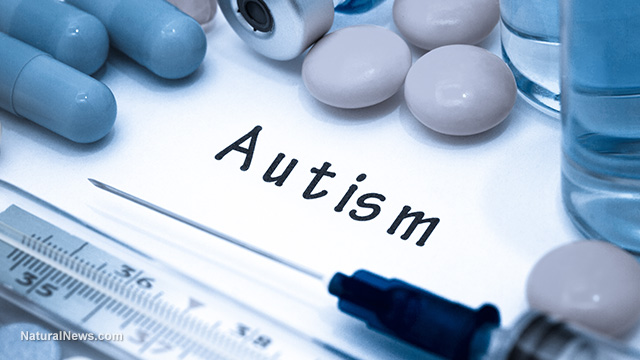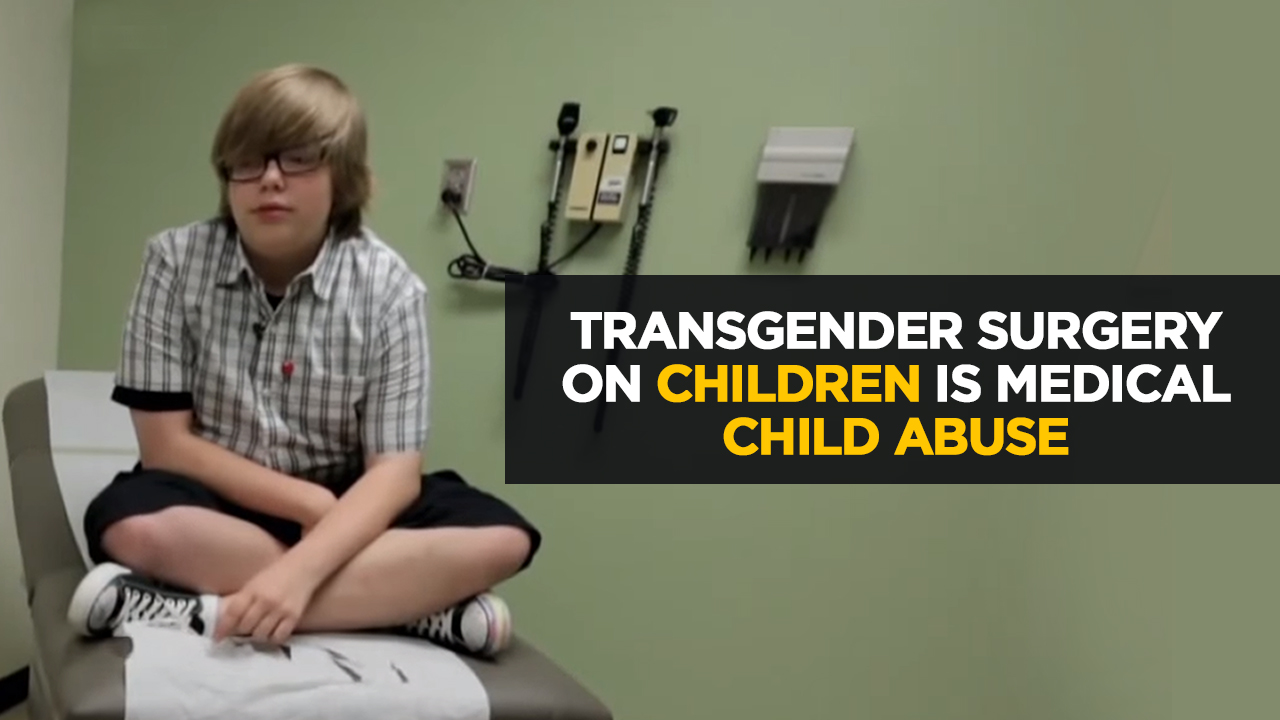How to recognize the early warning signs of Autism
04/03/2019 / By Robert Jonathan

Parents about to welcome a newborn into the family have a lot to be thankful for. Along with the rejoicing, there are some concerns, primarily of a health nature, such as the possibility that the child may develop autism.
According to the U.S. Center for Disease Control and Prevention, one in 68 school-age kids are diagnosed with autism spectrum disorder as of May 2016. This constitutes a 30 percent increase from about five years ago. The agency added that it is too early to tell whether the Autism Spectrum Disorder (ASD) rate has stabilized.
Autism effects 20 million-plus persons around the world and is more often found in boys rather than girls. American kids typically receive 50 inoculations before they reach their seventh birthday.
The ASD spike over the past two decades in the USA reportedly coincides with the vaccine schedule increase, by quantity and frequency, enforced by the CDC, Natural News has previously warned.
Autism is a complex condition that appears during infancy or childhood with symptoms including appearing withdrawn or uncommunicative and/or having difficulties interacting with others.
According to Autism Speaks, symptoms can include “social signs like being uninterested in other children and not caring to show toys to a parent, as well as developmental signs. That latter group could include not sharing big smiles or other facial expressions; not babbling by 12 months or speaking by 16 months; not responding when you call their name; and not pointing or responding to your pointing.”
The National Institutes of Health identifies additional signs in children of all ages such as repetitive or obsessive behaviors, inability to handle minor changes in the daily routine, avoiding eye contact, or lack of understanding of another point of view, among others.
100% organic essential oil sets now available for your home and personal care, including Rosemary, Oregano, Eucalyptus, Tea Tree, Clary Sage and more, all 100% organic and laboratory tested for safety. A multitude of uses, from stress reduction to topical first aid. See the complete listing here, and help support this news site.
Experts suggest that early behavioral intervention is necessary once the signs of autism emerge. Autism Speaks indicates that learning, speaking, and social skills can all be improved with such treatment.
As far as the origins of autism, Big Pharma, oblivious government regulators, and the group-thinking corporate media insist that no connection exists between the condition and “safe” vaccines. Anyone who even expresses an open mind about the possibility is immediately denounced as a reckless, wild-eyed public health threat.
You may recall during the September 16, 2015, nationally televised GOP presidential debate that CNN tried to push President Trump into the full-on anti-vaxxer camp. Citing the example of an employee whose vaccinated newborn wound up with autism, Trump mentioned that doses should be administered over a two- or three-year period rather than all at once.
To the horror of the Big Pharma-compromised corporate media (the same fake news purveyors who assured the U.S. and the world that Hillary Clinton was a lock to win the presidency), then-candidates Ben Carson (whose appointment as Housing and Urban Development secretary is pending Senate confirmation) and U.S. Senator Rand Paul, both of whom are medical doctors, agreed with Trump on the same national stage that vaccinations should be given incrementally, which seems to be a reasonable and measured position.
Natural News recently reported that a CDC whistle-blower revealed that thimerosal (a vaccine additive which contains as much as 50 percent mercury) is apparently linked to cases of autism in children and that the agency knew about it. Moreover, children who receive mercury-containing inoculations are apparently 27 times more likely to develop autism.
Natural News has also detailed how autism is practically unknown in the Amish community, which opts out of all vaccines. Amish kids seldom experience any learning disabilities.
Now that Donald Trump has taken office as the nation’s 45th president, perhaps he can reopen a dialogue on mandatory vaccines, particularly given the health risks posed by mercury.
Sources:
Tagged Under: amish, autism, autism sprectrum disorder, Big Pharma, children's health, vaccine damage, vaccines



















